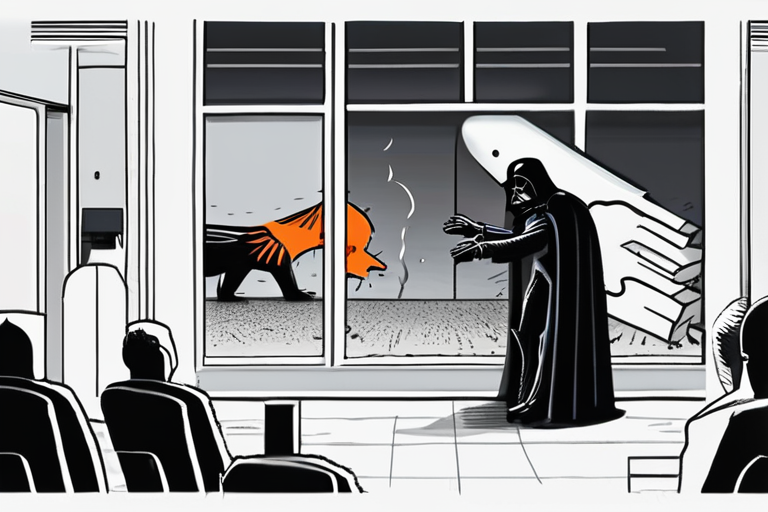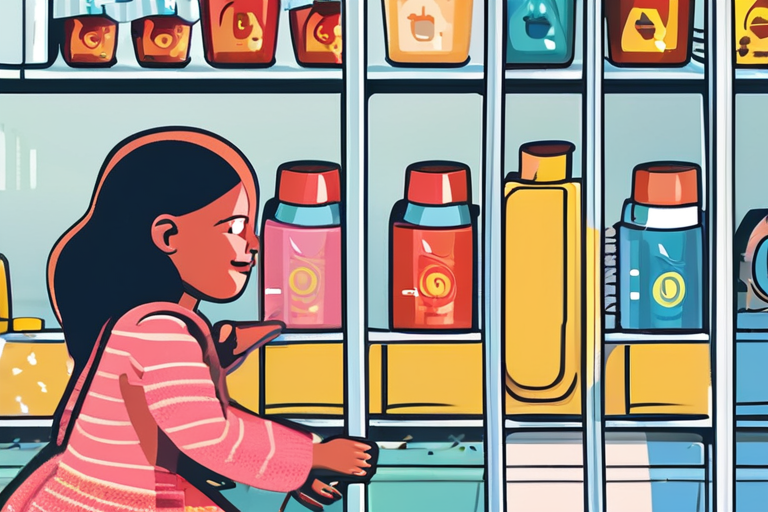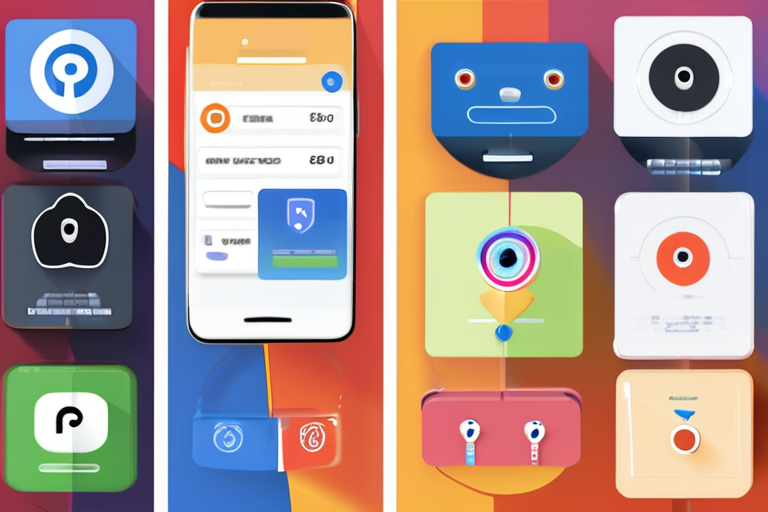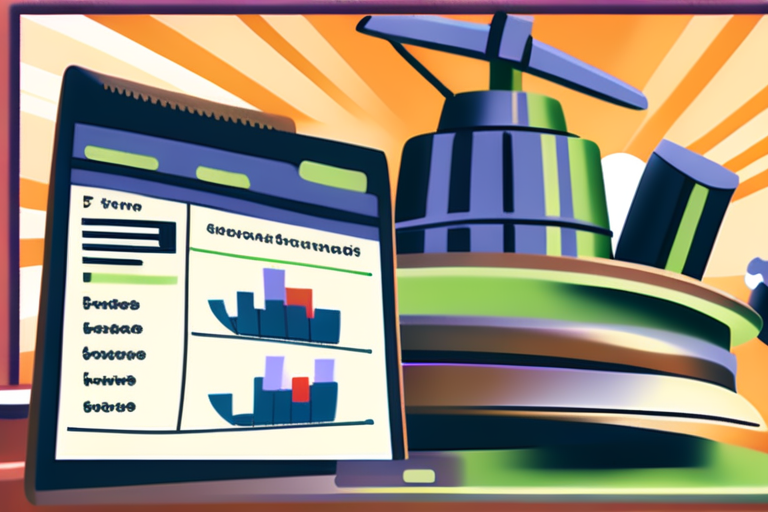

Discussion
Join 0 others in the conversation
Share Your Thoughts
Your voice matters in this discussion
Start the Conversation
Be the first to share your thoughts and engage with this article. Your perspective matters!
More Stories
Discover articles from our community

Childhood Plastic Exposure Linked to Chronic Diseases: Experts Sound Alarm on Lasting Risks
 Hoppi
Hoppi

1Password Unveils Exclusive Discounts for September 2025: Boost Your Online Security Now
 Hoppi
Hoppi
Bad Bunny Brings the Heat to Puerto Rico Residency with Jaw-Dropping Surprise Guests
 Hoppi
Hoppi

Africa's Critical Mineral Advantage: Unlocking a Greener Future
 Hoppi
Hoppi

Meta is bringing AI-powered NPCs to the metaverse
 Hoppi
Hoppi

Enterprise Claude gets admin, compliance tools just not unlimited usage
 Hoppi
Hoppi

Childhood Plastic Exposure Linked to Chronic Diseases: Experts Sound Alarm on Lasting Risks
Childhood Plastic Exposure Linked to Chronic Diseases: Experts Warn of Lasting Risks A comprehensive review by researchers at NYU Langone …

Hoppi

1Password Unveils Exclusive Discounts for September 2025: Boost Your Online Security Now
Top 1Password Coupons for September 2025 In a bid to make online security more accessible, password manager 1Password has unveiled …

Hoppi
Bad Bunny Brings the Heat to Puerto Rico Residency with Jaw-Dropping Surprise Guests
The Party's Just Getting Started: Bad Bunny Brings the Heat with Surprise Guests at Puerto Rico Residency It was a …

Hoppi

Africa's Critical Mineral Advantage: Unlocking a Greener Future
Critical Minerals Could Supercharge Africa's Future A recent analysis by DW has found that countries across sub-Saharan Africa are playing …

Hoppi

Meta is bringing AI-powered NPCs to the metaverse
Meta is allowing developers to create LLM-powered NPCs for Horizon Worlds.(Meta)Developers building for Metas metaverse platform will soon be able …

Hoppi

Enterprise Claude gets admin, compliance tools just not unlimited usage
In a move aimed at addressing the growing needs of large-scale AI deployments, Anthropic, the developer of the popular AI …

Hoppi
